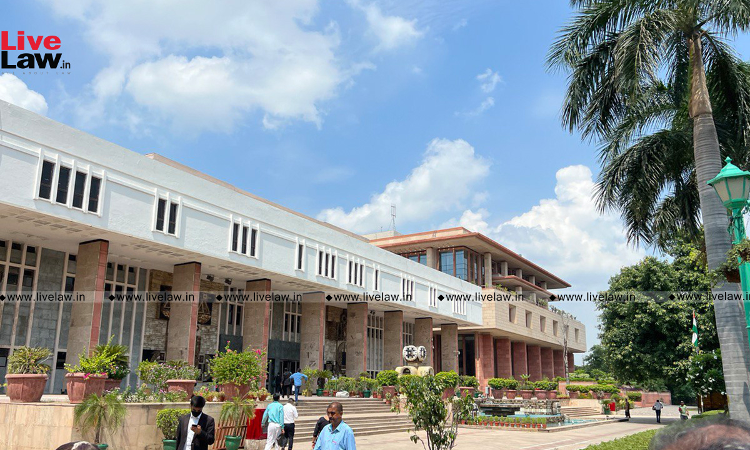Additions U/s 69C Based Merely On CBIC Information Can't Be Sustained: Delhi High Court
Pankaj Bajpai
21 May 2024 8:15 PM IST

Next Story
21 May 2024 8:15 PM IST
The Delhi High Court sets aside the assessment order and remits the matter to AO on the ground that the additions of Rs.70.10 Cr. made under Section 69C as unexplained expenditure based merely on information received from Central Board of Indirect Taxes & Customs (CBIC) is unsustainable. As per Section 69C of the Income tax Act, where in any financial year an assessee has...
